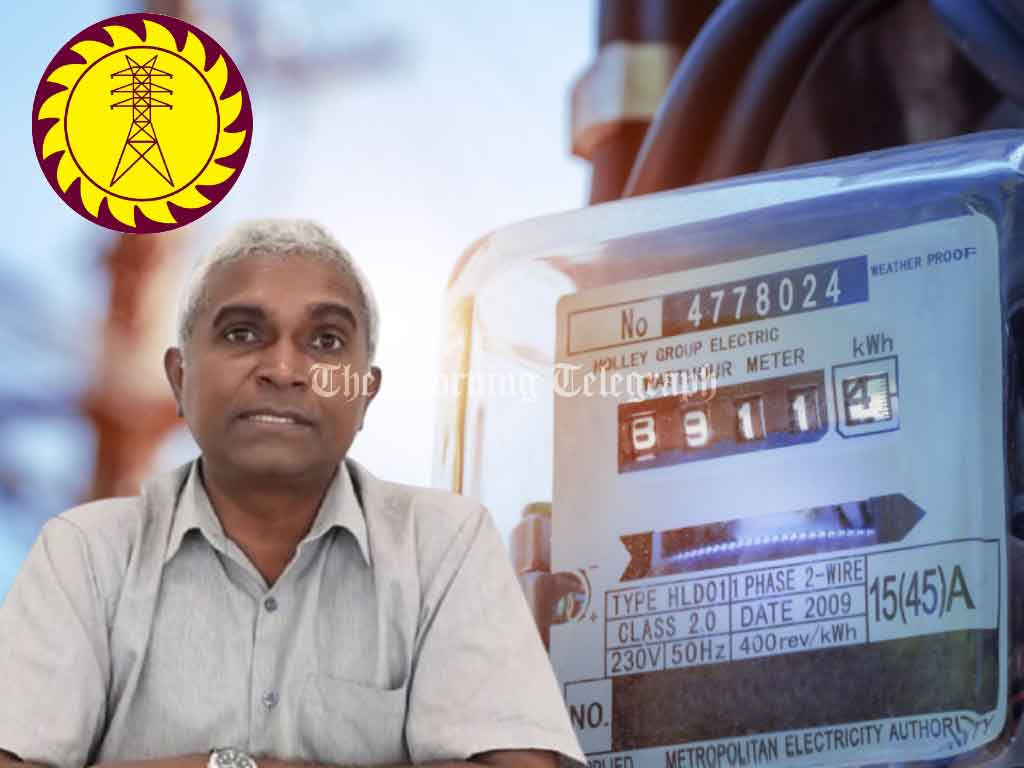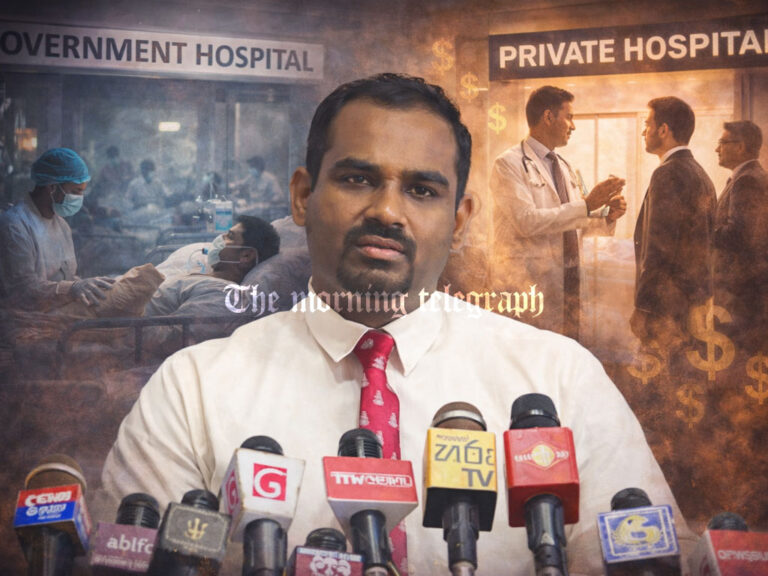
The Ceylon Electricity Board (CEB) will not be able to provide additional relief to low-income households in the upcoming electricity tariff revisions, as they already receive an 80% subsidy, according to CEB Chairman Dr. Thilak Siyambalapitiya. Speaking during an expert discussion on the challenges facing Sri Lanka’s energy sector, Dr. Siyambalapitiya explained that the current subsidy structure places significant financial pressure on the CEB, making further reductions in electricity rates for this category unsustainable.
He highlighted that under the existing system, low-income households pay only Rs. 200 for a bill of Rs. 1,000, with the remaining Rs. 800 covered by the subsidy. Maintaining such a high level of financial support, he noted, is challenging without jeopardizing the CEB’s ability to operate efficiently and fund future projects.
The Chairman’s remarks follow a statement made earlier this week by Cabinet Spokesperson and Minister of Energy Dr. Nalinda Jayatissa, who assured the public that the upcoming tariff revisions would deliver noticeable benefits. However, Dr. Siyambalapitiya pointed out that while some consumer groups might see adjustments, the current subsidy provided to low-income households has already reached its maximum feasible limit.
The revised tariff proposal, which will outline new electricity rates across various consumer categories, is set to be submitted to the Public Utilities Commission of Sri Lanka (PUCSL) tomorrow. The proposal is part of the CEB’s broader effort to ensure financial sustainability while balancing the need to provide affordable electricity to vulnerable groups.
Dr. Siyambalapitiya also emphasized that the CEB operates on a non-profit model, relying solely on a revenue-to-expenditure policy. Unlike some state-owned enterprises, the CEB does not receive subsidies from the government or financial aid from international organizations. Instead, the board must generate sufficient revenue to cover operational costs, maintain infrastructure, and invest in future energy projects.
He stressed that continuing to expand subsidies without a corresponding increase in revenue would undermine the CEB’s financial stability. The board is already facing challenges due to rising energy costs, and further subsidy expansions would limit its ability to invest in critical infrastructure improvements and renewable energy initiatives.
Dr. Siyambalapitiya highlighted the importance of gradually reducing the subsidy percentage over time to achieve a more sustainable financial model. He explained that while subsidies play a crucial role in supporting low-income households, the long-term health of the electricity sector depends on reducing dependency on these subsidies and increasing overall revenue.
Despite the financial constraints, the Chairman expressed optimism about the progress of long-delayed energy projects under the new government. He noted that advancing these projects is essential for improving energy supply, enhancing efficiency, and reducing the country’s reliance on expensive fuel imports.
As Sri Lanka navigates a complex energy landscape marked by rising costs and limited resources, the government and the CEB face the difficult task of balancing consumer relief with the need for financial sustainability. The upcoming tariff revisions will be a critical step in this process, as policymakers seek to address immediate consumer concerns while laying the groundwork for a more resilient and self-sufficient electricity sector.




